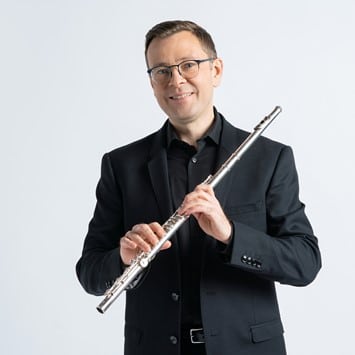Dear Alma, Am I stuck in this orchestra for the rest of my life?
UncategorizedFrom our agony aunt’s mailbag:
Dear Alma,
I went straight from college to a good orchestra job. I am lucky. I have been here for 10 years. I found someone, got married and have 2 kids. Here is the problem. It feels like my life is completely stuck. I practiced and studied in college and then I practiced and got a job and now I practice for my job. I make money but it all goes towards basic family needs. I don’t have any close friends. There is nothing to look forward to and nothing to hope for. I could use a boost.
Stuck Here
Dear Stuck Here,
Yes. That’s not an uncommon situation. And that’s not to say it’s not serious. It’s very good that you are recognizing it early enough, before it becomes disruptive to your work life and family. One of the difficult things in classical music is that our trajectory is very hot and fiery at the beginning. So much intense work, so focused as a child and young person. Then the competitions and college. Then straight away to the audition circuit. It’s so competitive that the only way we can get these jobs (for the most part) is by being young and at the top of our game, straight out of school, where we were drilled on the repertoire and had many high-pressure performance opportunities. There is literally no room to breathe. If we don’t keep up the pace, we won’t get the job, and it will go to someone who DID keep up that frantic speed.
Then. It. All. Stays. The. Same.
Same people, same schedule, same concert halls, same pieces (once you have been there a couple of years, it just begins to rotate), same food in the cafeteria, same tours. No way to move up in your job. Just stay the course. Then add family. There goes the small amount of socializing you had. And the extra pocket cash. You might even have had to add some teaching to help pay family bills. You are a huge hamster on a wheel, staring out at your field of wood shavings, your old food bowl, your dirty cage glass.
If you didn’t have any obligations, if you could free yourself, what kind of things could you imagine your life to contain in 10 years? From the minuscule to the gigantic. Where would you be? What would fill your days? What would you be eating or wearing? Take some time over the next weeks and allow yourself to daydream. Then, write these things down. That will help to make them real.
Even though it might seem crazy, share these ideas with your partner. You are not unhappy in your situation, just stagnant. Your parter and family are there for you. If, on your paper, it says “wake up late, eat shakshouka on the porch overlooking the mountain, meet up with your friends to play some sweet tunes with your techno funk band”, it may seem unrealistic, but anything is possible. You could get a bungalow in Costa Rica and spend 3 weeks there every summer. Don’t stop yourself from having a creative life. Anything is possible.
I used to play in a music festival every year on a remote tropical island, and amazing players would come from all over the world to just have a moment away from their regular jobs. It was like a slice of paradise every single year. One of the orchestra players was one of these “I got an amazing job at 22” people. For the first years, he was the “Next Round is On Me” guy. Then he met someone, had kids, got a bit downtrodden, and was no longer the life of the party. Then he started to sit in with one of the island bands at a local joint. He loved it.
The next year he came, and he looks happier than I had ever seen him. I found out he had quit his prestigious orchestra job and had dedicated himself to a three-guy band. His wife took a slightly better job to cover the loss of income, they downgraded their house, and were very happy. He had found a new life. And loved it. I often think of him, and wonder where he is now, and how happy he still is. I will always admire his strength and his courage to leave it all behind.
Stuck Here, you don’t have to do anything as drastic as this guy did, but don’t underestimate the resource you have in your family, what a couple of tweaks to your life can do, and how you can find the balance you need in a million different ways. You are not trapped by anything but your own expectations. Let yourself dream, then go ahead and do it.
Questions for Alma? Please put them in the comments section or send to DearAlmaQuery@gmail.com






Comments